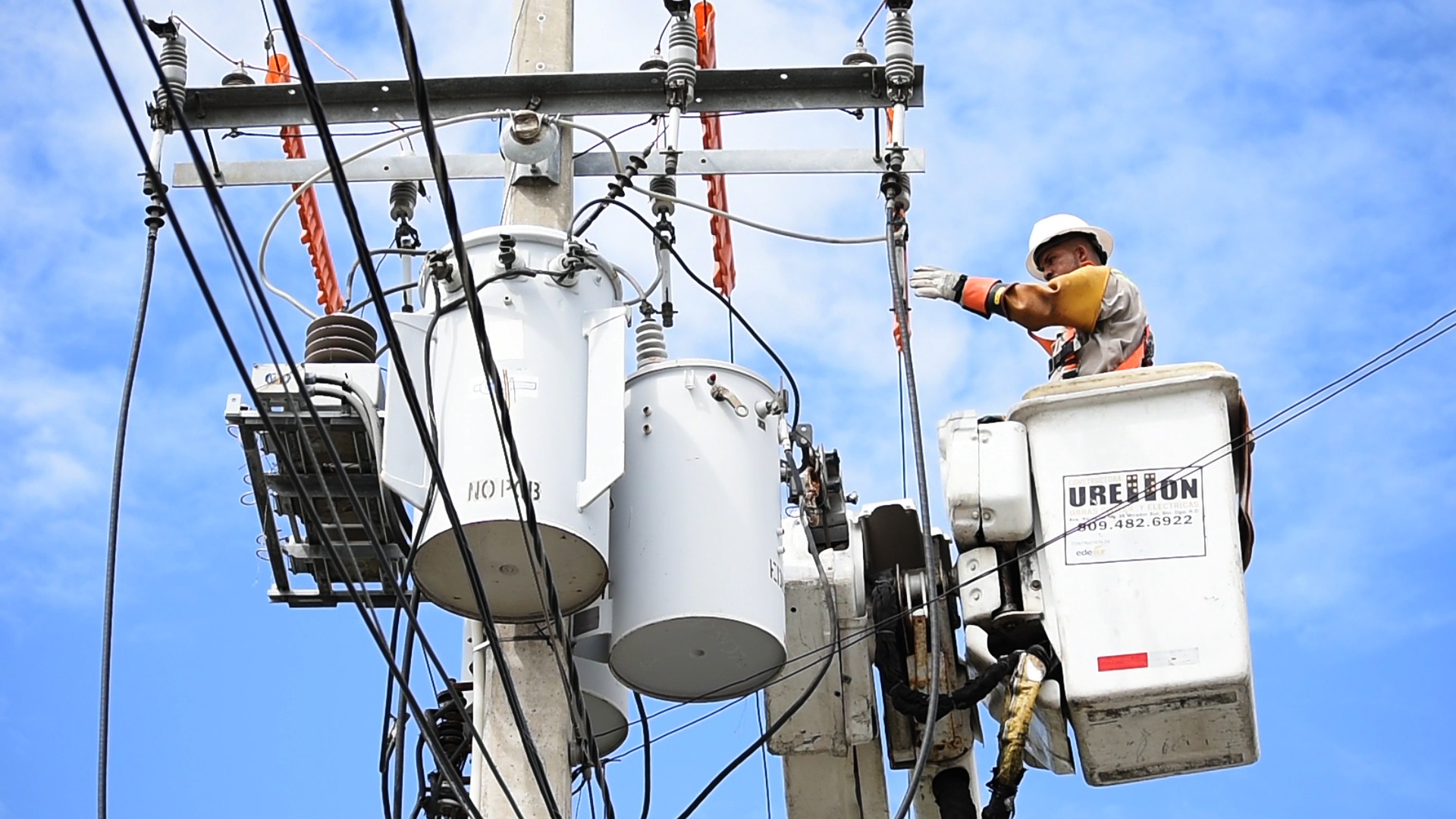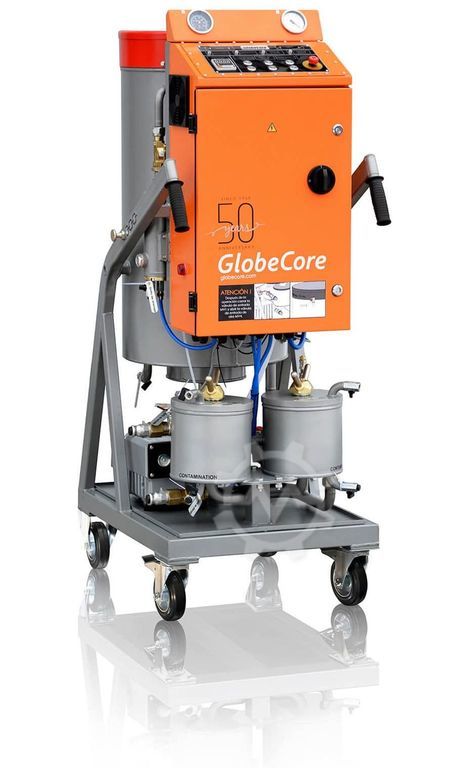The problem of aging the power transformers fleet is quite relevant. This is mainly due to high prices for new equipment. Therefore, most electricity companies are trying to optimize their financial costs and extend the life of transformers already in operation. This is much cheaper, and the quality of transmission and distribution of energy does not suffer. Let’s try to understand the causes of aging of power transformers and possible ways to extend their life. One of the options for saving financial resources is the installation of oil filtration.
TRANSFORMERS’ AGING FACTORS
First things first, analyzing the special literature on the operation of oil-filled electrical equipment, you can see that most often among the possible factors are mentioned:
- humidity;
- temperature;
- oxygen.
At least, environmental conditions and operation in extreme conditions affect due to the fact that the duration of exposure of such factors to a transformer depends on its operating time with minimum oil values, when temperature and humidity affect transformer and his components.
Long-term influence of high temperature negatively affects transformer insulation, accelerating its aging. As a result, it can lead to equipment malfunctions.
If moisture is present in the insulation system, it leads to decomposition of molecular chains, acceleration of the aging process of cellulose, and also deterioration of dielectric properties.
Most often, moisture enters the transformer from the air, which is facilitated by improperly made or aging gaskets and seals. It is worth noting that water vapor may form as a result of degradation of paper insulation. The higher the humidity level, the lower the dielectric strength of the transformer insulation.
At a high level of oxygen and moisture, bubbles form in the oil, which lead to the appearance of voids and local tensions. This provokes breakdowns and accidents.
OIL IMPURITY
As you know, a new, “fresh” oil, designed for use in various types of engines and systems, is no less dangerous and contains many harmful substances: the possibility of moisture, gases or accidental impurities getting in during transportation or storage.
OIL PURIFICATION
Therefore, before adding oil to the transformer, it must be cleaned. New oil does not require regeneration and restoration of its properties. Filters are used to remove harmful foreign particles from the oil.
Studies show that the use of fine filters is more efficient. During filtration, oil-insoluble particles whose sizes exceed the dimensions of the filter element, regardless of the density of these particles, are retained. In the sediments on the fine filters remain the majority of excess organic substances.
For oil filtration, surface-adsorption type filters with a fineness of up to 5 microns are most often used, however, there are fine filters that trap even smaller particles. The main feature of these filters (in comparison with slotted and volume-adsorbing) is a large filtering surface.
The fine filter is used for the final cleaning of fuel from small impurities and water. It is installed between the fuel pump and the carburetor. Fuel under pressure from the fuel pump through the fuel line is led into the filter housing and lowered into the settling cup, where water and other impurities are separated from it. Then it passes through the pores of the filter element, is finally cleaned and discharged into the float chamber through the fuel exhaust pipe.
HOW TO CHOOSE OIL FILTRATION SYSTEM?
Various external factors influence the choice of a product: customer’s desire, seller’s mood, weather and atmospheric pressure, air in the store, etc.
But the choice of industrial equipment, although very often depends on the same reasons and circumstances, still has a number of physical parameters, on the basis of which the opinion of the future owner is formed.
Various types of plants are designed to clean mechanical impurities of various oil-based working fluids – industrial, energy oils and fuels – they operate on the basis of filtration methods.
A large number of manufacturing companies specialize in the production of a wide range of products and services, releasing in large volumes the installations for filtering transformer, lubricating, hydraulic and turbine oils, integrated systems for the regeneration of working fluids and other equipment of this kind.
The purchase of waste oil filtration equipment is positioned as saving money and resources, reducing problems with accidents and downtime, as well as environmentally friendly waste disposal. At the same time, the service life of industrial equipment is increased, and the company is included in the newfangled trends of the modern international market.
SPECIFICATIONS
It is worth paying attention to some technical characteristics that oil filtration plants must comply with. Among them are the following:
- Physical size of oil filters. This key component of the purification system should be relatively small in order to provide an advantageous design of the plant and its possible mobility.
- Filter test results. Oil filters can be tested in various ways, but one of the most common methods is to test the beta coefficient, which is calculated by recording the division of the number of larger particles in front of the filter by the number of particles of the same size downstream of the filter. For example, if the beta coefficient is 10, this means that out of 10 particles that enter the filter, it passes only
- Pore size.
- Performance and consumption, etc.
According to studies conducted by General Motors and published in the publication by the Society of Automotive Engineers (SAE), it was determined that the life of the engine can be increased by eight times, using filters to clean particles of 5 microns in size instead of the standard 40 microns.
This means that the process of improving systems for filtering various oils does not stop and offers more and more new products.
There is an old saying among industrialists that oil does not wear out, but only becomes dirty. In any case, the reliability of the systems is determined by the absence of contaminating components in the oil.
Therefore, an oil change is not so necessary. The term of its operation depends on in what “purity” it contains.
Installations for oil filtration slows down the rate of its aging, removes soot and sludge, dirt, moisture and dissolved gases.
However, if you choose this kind of equipment, it’s worth treating this as homework at school — very responsible. Not all oil filtration systems are equal. Sometimes, vibrant handouts are specially designed to confuse the customer. Beautiful papers, although they seem impressive, are not scientific evidence.
The client should make sure that the oil filtration unit has passed all the necessary tests and has confirmation of this.
Equipment for filtering contaminated oils can provide great benefits for an industrial plant. One has only to ask the right questions when choosing a station and choose the appropriate concept for its implementation before making a purchase.
OIL FILTRATION EQUIPMENT
Transformer oil filtration systems are designed for small volume transformers in which the level of pollution by harmful particles and gases is quite low. GlobeCore’s oil filtration plants use single or multi-stage filtration to remove solids and water. In addition, like most oil stations, GlobeCore oil filtration systems are mobile and mounted in special containers and can be installed on a special semi-trailer.
Installations of the CMM type are available in a large assortment, specially selected for various operating conditions, the size of the enterprise and equipment.
Relative ease of use, monitoring and control systems, system programming, as well as the implementation of an individual order – this is a list of the minimum set of related services to GlobeCore oil filtration systems.
GlobeCore’s oil filtration system uses several types of filters, both coarse and fine. Including many types of sorbents are used as a filter.
The photograph shows a set of polypropylene filters. They come with a filter fineness of 5 μm and / or 1 μm. You can see more information in detail on the spare parts page or you can immediately call the manager for an order.
A set of filters with a filter fineness of 5 μm and / or 1 μm.
Polypropylene filter elements.
Nominal efficiency = 99.9%
Maximum pressure drop at 500С – 2.5 bar
Maximum output per cartridge 7000 l / h.
Geometrical sizes:
outer diameter (D) – 150 mm;
inner diameter (d) – 54 mm;
height (N) – 363 mm
Note: The number of filter elements is negotiated separately


